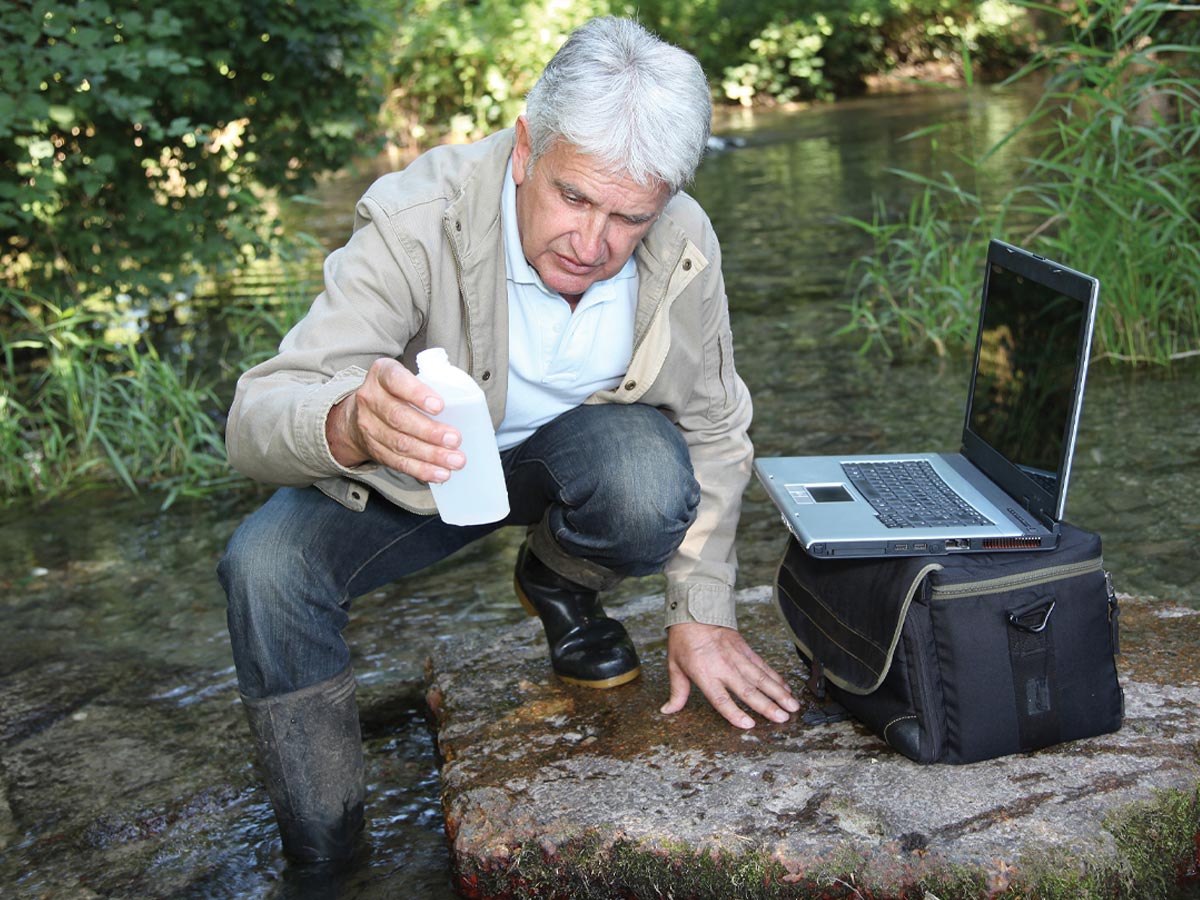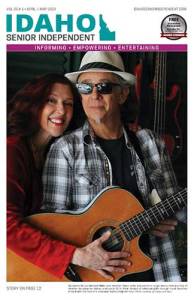Imagine being part of a team that protects valuable tree species from poaching, or being able to provide scientists with thousands of samples of animal scat to track antibiotic resistance or gather the largest data set of microplastics on Earth. Well, you really can be part of that team.
Adventure Scientists is headquartered in Bozeman, Mont., the brainchild of Gregg Terinish, a 2013 National Geographic Emerging Explorer. For 10 years, Adventure Scientist has been providing data to scientists to address critical issues they are exploring in order to protect whole ecosystems, species, and human health.
Often scientists are hampered by their ability to have enough funding or enough technicians to gather substantial amounts of data in far-off places. That’s where Adventure Scientists comes in.
By fielding a group of trained volunteers, Adventure Scientist helps researchers with the specific data they need to make positive changes in our world. Having enough accurate data is essential to making good decisions.
“Many of our volunteers are retired,” says Maris Fessenden, Communications Manager for the nonprofit. “Collecting data is a good excuse to take that day or overnight trip that many of our volunteers enjoy.”
Fessenden recalls a retired couple helping gather water quality data from Wild and Scenic Rivers in California.
“They said it’s a great reason to get outdoors and explore the Sierra Mountains they’ve been assigned,” she says.
With water quality being a concern for all the designated rivers, this project is nationwide. Volunteers with experience rafting, kayaking, canoeing, and hiking help gather data across the country.
The underlying strength of these projects is to use the skills many outdoor recreationists already have. The partners in this project are the US Forest Service, the Bureau of Land Management, and the National Park Service.
“There’s an in-depth training module online for how to collect data. Accuracy is critically important to these research projects,” Fessenden says. “Once a person is accepted for a project, they can access the training via computer, tablet, or smart phone. And we have a full-time tech assistant to help if volunteers get confused.”
Over the past decade, the organization has provided volunteers to gather data for 130 projects.
Currently, in addition to the water quality project, the organization has volunteers in the field collecting data on the Eastern Black Walnut tree, a species used for high-end furniture and vulnerable to illegal logging. By collecting leaf, twig, and core samples, scientists can track the DNA of lumber and tell if the wood has been illegally cut.
A recent timber poacher’s case was tried at the federal level, and the data collected on Bigleaf Maple in Olympic National Park by Adventure Scientist volunteers was able to prove the lumber had been harvested illegally from a protected park.
Volunteers are currently collecting data on Coastal Redwoods, Alaska Yellow Cedar, and Western Red Cedar in addition to Black Walnut.
Fessenden says a project must have three elements before it’s accepted by Adventure Scientists.
“The project has to address an environmental or human health issue that has been unable to make changes due to lack of essential data. There must also be a clear path from data to a lasting solution. And finally, there must be a clear need for the outdoor community to be involved in data collection.”
An example of the worldwide importance of the data volunteers collect is the project mapping the presence and amount of microplastics around the globe. This data is helping craft policy to deal with the issue among companies, governments, NGOs, and educational institutions.
A look at the map of microplastics on the organization’s website gives a graphic example of why this is a critical issue around the world. It also highlights the difference volunteers are making across the planet.
Some of the projects require expert skills from volunteers. An example of that is a coral reef project off the Pacific coast of Mexico. Experienced scuba divers are needed to gather the underwater samples necessary for the project.
Other projects can center around a volunteer’s hobby or recreational passion. A recent project got biking enthusiasts to gather data on roadkill for Montana Fish and Wildlife and the US Fish and Wildlife Service. This kind of data can lead to new wildlife crossing tunnels or overhead paths as well as road signs alerting drivers to the presence of wildlife and slower speed limits in those areas.
For active seniors who have a passion to make our world a better place and who have solid outdoor skills, Adventure Scientists may just be the adventure you’ve been looking for. ISI
Find out more at www.adventurescientists.org












